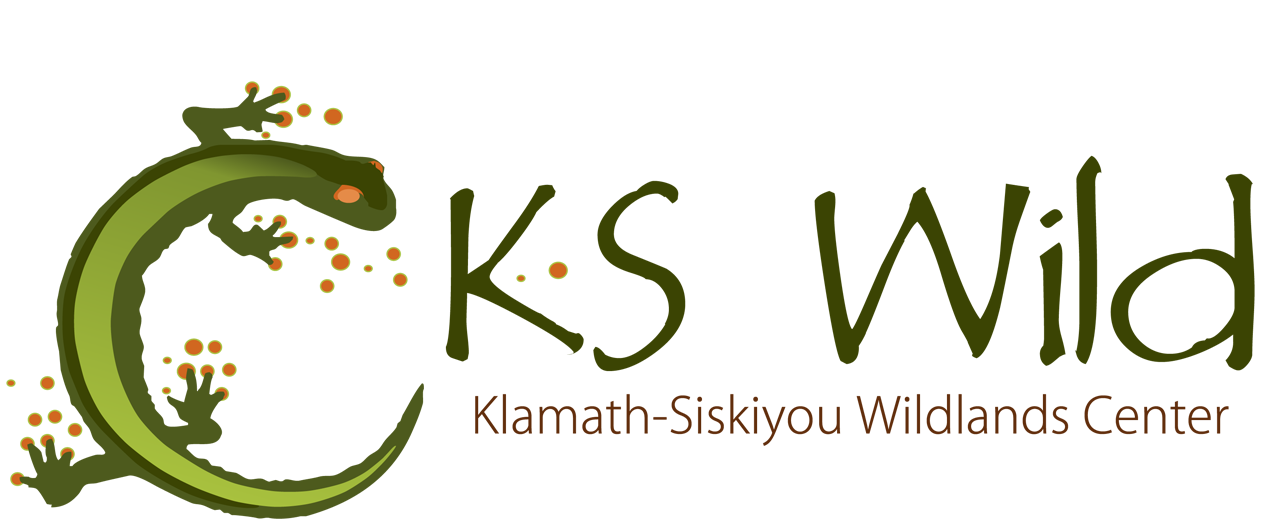The Benefits of Beaver
Written by Frances Oyung on March 15, 2023
Considering that Oregon is known as the “Beaver State,” state regulations are lacking to protect this iconic animal that is present in so many waterways and provides so many ecological and hydrological benefits. Upcoming legislation will affect how beaver are managed and whether we can continue to enjoy the ecosystem benefits that beavers bring to the state.
Currently, on private lands in Oregon, the North American beaver receives less protection than raccoons. Beaver are managed under the authority of the Oregon Department of Agriculture as a nuisance “predator” and can be killed with no regulation or monitoring. Beavers are not predatory in that they eat prey, they only eat plants, but they can be seen as a nuisance animal. Beavers are actually large rodents, and regulation treats them in the same manner as other rodents such as mice and rats. When they are living on the landscape and eating plants and moving water, beavers can come into conflict with humans and their infrastructure. Beavers can certainly be frustrating when their work impacts human infrastructure, and the damage they can cause can be expensive. The question is, can we use our skills to co-exist with beavers so that we all benefit?
The life history of beavers and how they have engaged on the landscape for millennia is well known. It is only when humans encroach onto beaver habitat that conflicts emerge. More recently people have learned more about the outstanding benefits of beavers and their interactions with the ecosystem as a whole, as well as how to adapt to living with beavers.
Beavers create structures that hold water into pools and expand wetland habitat, cooling and recharging groundwater, slowing down flood waters, creating cold water habitat for aquatic species. Beaver-built structures distribute surface water more broadly into the floodplain, providing for fire and climate resilience by creating wet buffers and barriers, which can reduce wildfire risk. Beavers are known as a “keystone species” as they have a disproportionately large effect on the surrounding ecosystem. The work of beavers can create and improve habitat for a host of other species from large browsers like deer and elk, to birds including herons and warblers, to aquatic species such as salmon and numerous invertebrates. The works of beaver touch the ecosystems where they live in a very big way.
Benefits of beaver dams. Credit: Vox
The ecosystem engineering of beavers has a positive impact on the human-built landscape as well. By increasing and improving wetlands and the water-holding and buffering capacity of the land around waterways, the harmful impacts of drought, heat, stormwater pollution, and flooding are all reduced.
As humans have moved onto beaver habitat, beavers have commonly been removed lethally, and all the benefits they have on the landscape are removed with them. The current designation of beavers in Oregon allows for unlimited killing of beavers. There is no tracking of beaver removal and there is no authority that regulates or manages them on private land.
Rogue Riverkeeper’s Program Director, Frances Oyung, Stands downstream of a developed beaver dam in the Phoenix section of Bear Creek. As you can see, the beaver dam is slowing the flow of water and widening the waterway.
But there is hope for beavers in Oregon. Representative Pam Marsh and Senator Michael Dembrow are currently sponsoring a bill, HB 3464, which will change how Oregonians relate to beavers. HB 3464 seeks to simplify beaver management into a single state agency (OR Dept. of Fish & Wildlife) for improved and more informed management and to empower landowners with guidance on voluntary coexistence solutions. If this bill passes, beavers will move into the “furbearer” category (they are already classified as such on public lands) where, in addition to the hunting and trapping season for furbearers, landowners would contact ODFW for a permit at any time of year to lethally remove beavers in response to damage. ODFW already has a permit-issuing process for other furbearers that can cause damage and ODFW field staff can issue a permit within a day. The bill does not require burdensome reporting for landowners regarding beaver management. So let's make room in our communities for beaver and all they can provide.
HB 3464 is coming up for discussion in the House later in March. There is a need for testimony, especially from landowners who understand the benefits of keeping beaver on private lands in Oregon. If you are a landowner interested in submitting written or spoken testimony in support of this bill, please submit your information on this form.
To learn more about beaver and restoration in Bear Creek, join Rogue Riverkeeper’s Program Director, Frances Oyung, on a nature walk, Sunday June 18, 9-10:30am along the Bear Creek Greenway in Phoenix, OR. Registration information coming soon. Sign up for the Rogue Riverkeeper email news to stay in touch about events.



